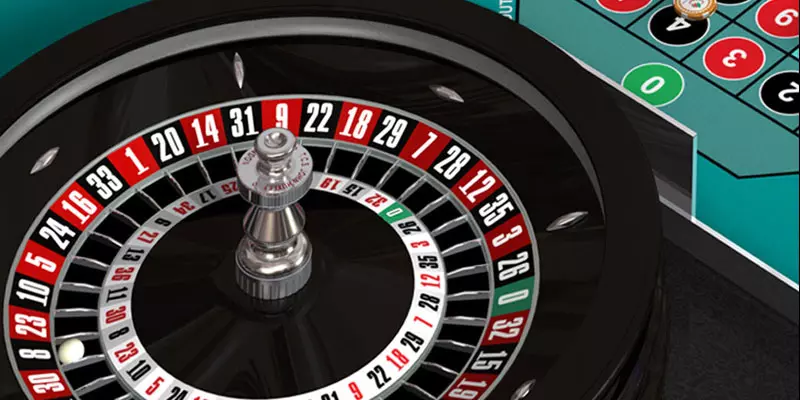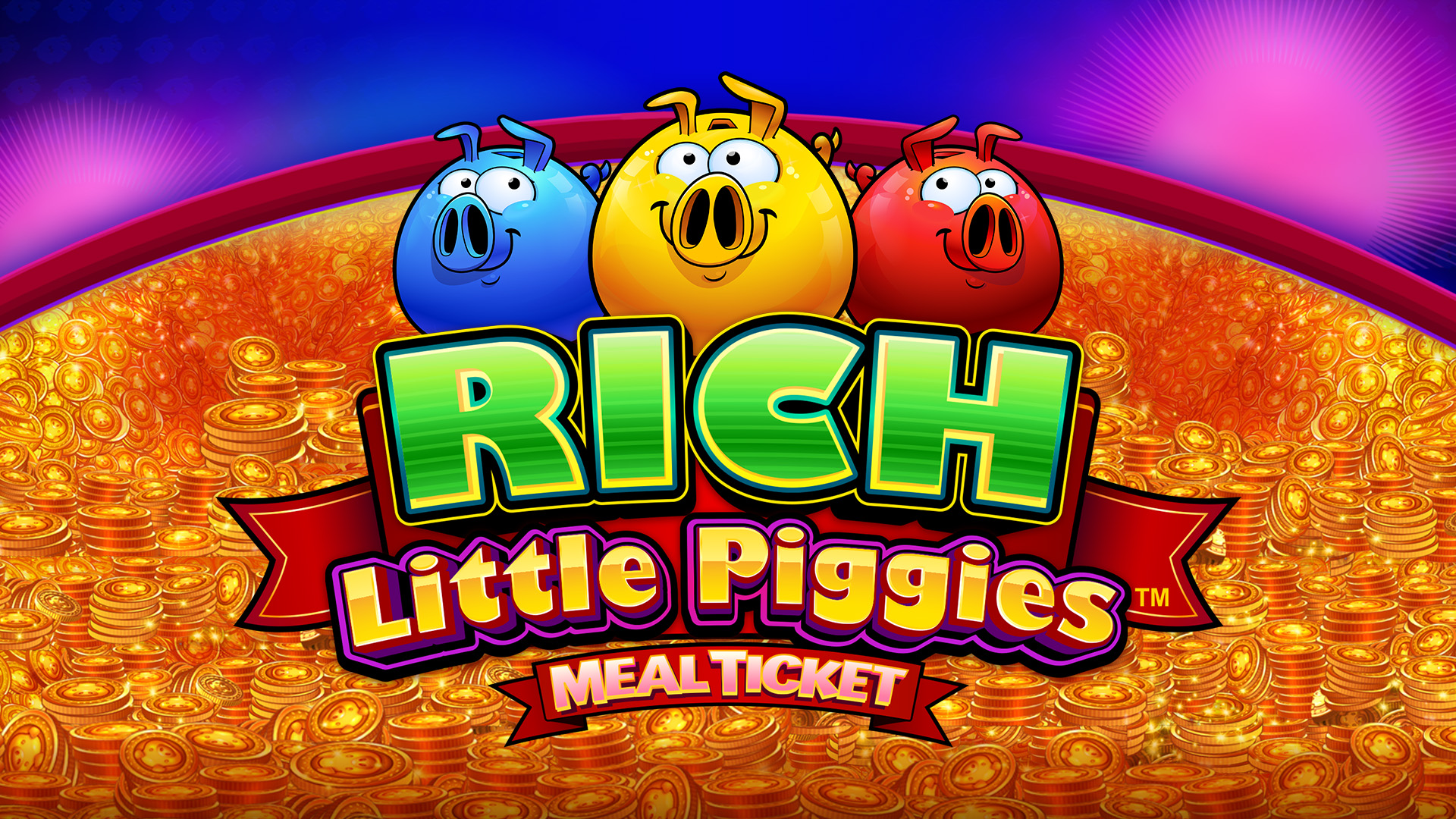No matter what system or strategy you employ, disciplined bankroll management is critical. A clear plan helps prevent impulsive decisions and protects your funds during inevitable losing streaks.
Setting Realistic Roulette Wheel
Begin by defining what you aim to achieve in each session—profit targets and loss limits. For instance, decide to stop after earning $50 or losing $30, whichever comes first https://789bet.domains/.
Allocating Your Funds Wisely
Divide your bankroll into units appropriate for your chosen strategies. For example, if you have $500, and plan to use flat betting at $5 per spin, you can comfortably play 100 spins.
Recognizing When to Stop
Discipline is key. Know when to walk away—whether after reaching your profit goal, hitting a loss limit, or simply feeling that fatigue impairs judgment. This prevents chasing losses or overextending your bankroll.
Avoiding Common Pitfalls
- Chasing Losses: Trying to recover lost money with bigger bets often leads to bigger losses.
- Overbetting: Betting more than you can afford to lose damages both your bankroll and enjoyment.
- Ignoring House Edge: Some players ignore the inherent advantage the casino holds, leading to unrealistic expectations.
By integrating strict bankroll management practices, beginners can enjoy roulette as a fun, controlled activity rather than a reckless gamble.
Psychology and Discipline in Roulette
Beyond strategies and bankroll management, mental discipline plays an essential role in a successful roulette experience. Emotional reactions can lead to poor decision-making and increased losses.
Staying Calm Amidst Variance
Roulette outcomes are predominately random; wins and losses occur in streaks. Maintaining composure during downturns is vital. Accept that losing is part of the game, and resist the temptation to increase bets impulsively.
Developing a Routine
Create a set betting routine that emphasizes systematic play and patience. Stick to your predefined plan, avoiding impulsive deviations based on hunches or emotions.
Recognizing Cognitive Biases
Beginners are often influenced by biases such as the Gambler’s Fallacy—believing that past outcomes influence future results. Understanding that each spin is independent helps maintain rational expectations.
The Importance of Enjoyment
Remember that roulette should be enjoyable. Set boundaries to prevent addiction or financial hardship. Celebrate small wins, and view losses as part of the entertainment experience.
Conclusion
The roulette wheel offers an exciting blend of chance, strategy, and psychology. While no system can guarantee consistent winnings given the game’s inherent house edge, understanding fundamental principles empowers beginners to make smarter bets, manage their bankroll wisely, and enjoy the game responsibly. From simple flat bets and classic systems like Martingale to more advanced approaches like the D’Alembert or James Bond strategies, there is a spectrum of techniques suited to different risk appetites. Ultimately, success in roulette hinges on disciplined play, realistic expectations, and savoring the thrill of the spin. Armed with these insights, beginners are better prepared to navigate the fascinating world of roulette with confidence and enjoyment.






